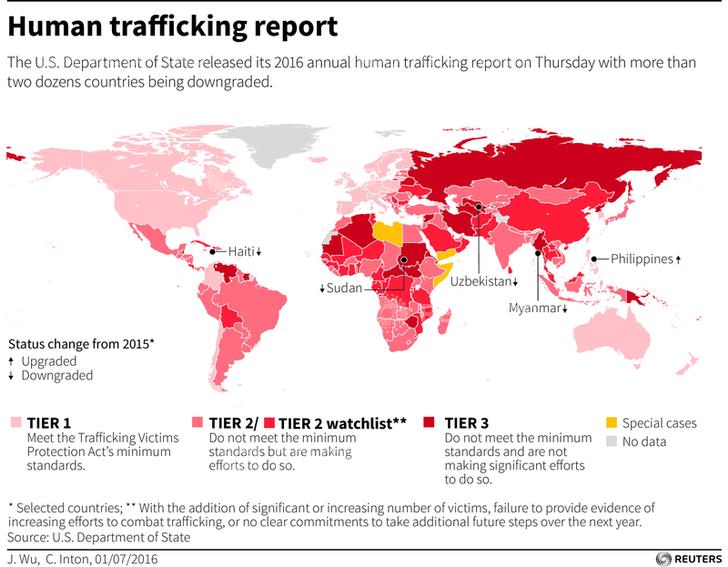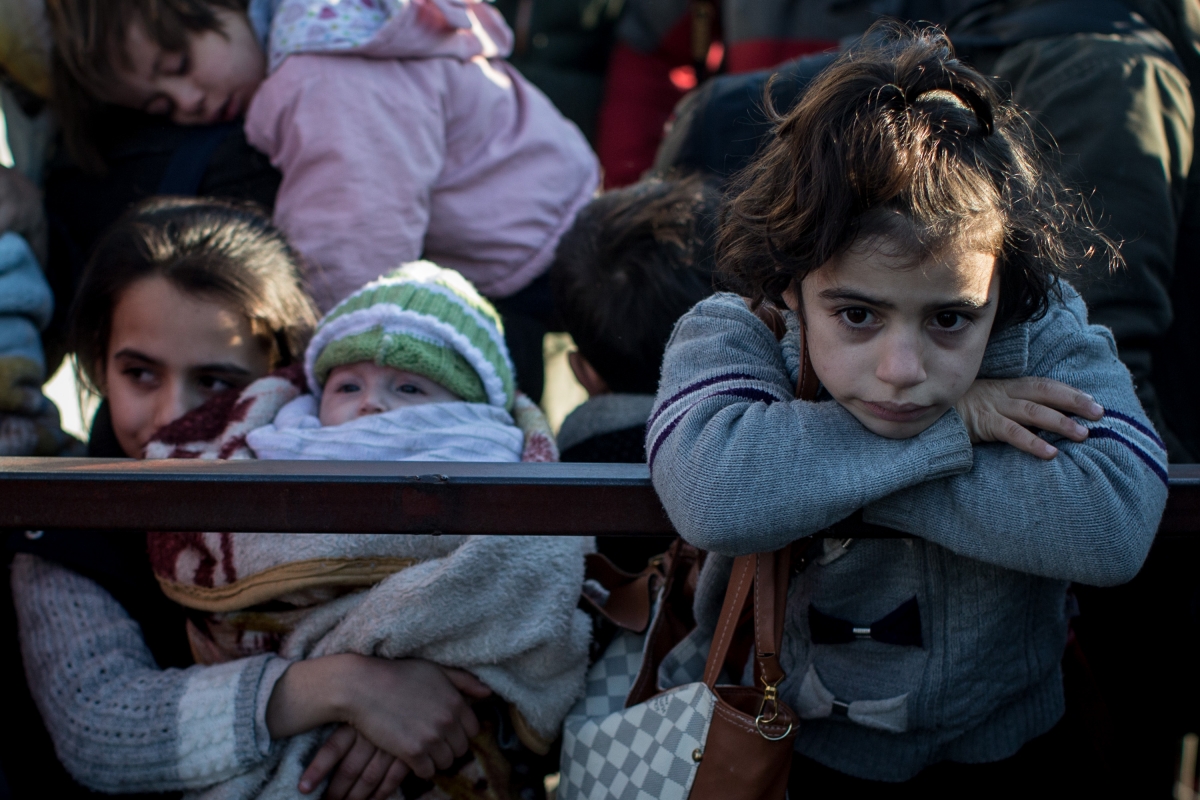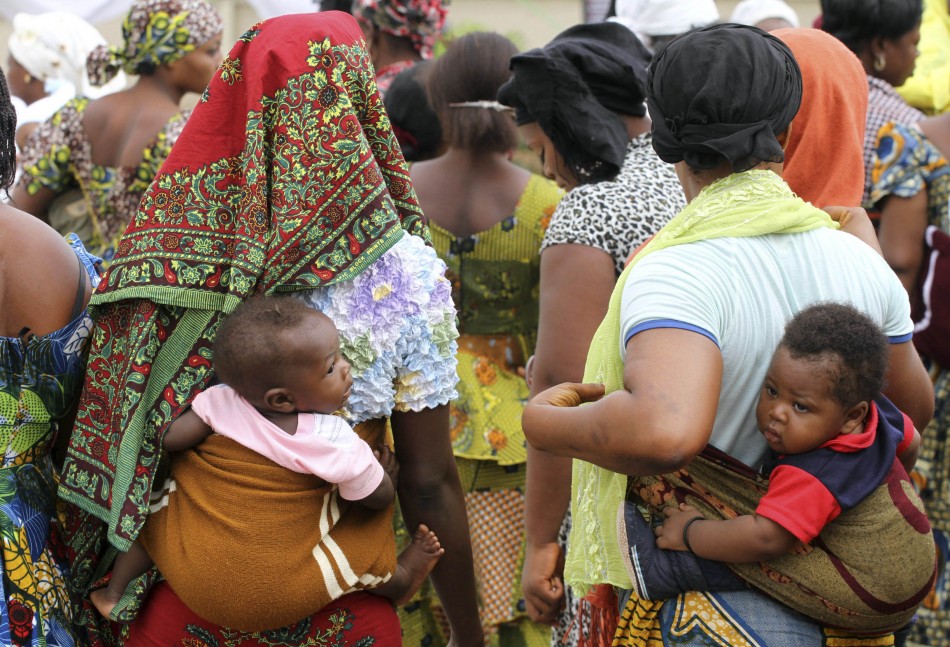Campaigners call for new UN role to fight trafficking of people in conflict
According to Freedom Fund, an international initiative to fight slavery, the UN's response to trafficking has been fragmented.
Human rights experts have called for the creation of new UN role to tackle modern slavery. They say the gap in the United Nation's response to address the conflict-related issues like human trafficking are putting people, who are forced to flee their homes, at greater risks.
There has been uneven response to people trafficking by the UN, amid the global refugee crisis, Freedom Fund, an international initiative to fight slavery, said in its report on Monday, 14 November.
The organisation said that although the UN refugee agency (UNHCR) and the International Labour Organisation (ILO) have take measures to tackle different forms of trafficking, they lack coordination.
"There is a tendency for the agencies to their own thing and not be sufficiently aware of what other agencies are doing," Freedom Fund's CEO, Nick Grono, told the Thomson Reuters Foundation.
He added that appointing a UN special coordinator on modern slavery could help handle the human trafficking cases with better coordination. He called for the new ideated role to be answerable directly to the UN Secretary-General and have a wider mandate and resources than the existing ones.
While there are several special Rapporteurs currently operating under the UNHRC with focus on modern slavery, including a Special Rapporteurs on sale of children and a Special Rapporteurs on contemporary forms of slavery, Grono feels that they all do not have enough funding to work effectively full time. "We need a central responsibility," he said.
According to the 2016 Global Slavery Index by Walk Free Foundation group, nearly 46 million people across the globe are living as slaves, sold for sex, trapped in debt bondage, forced to work in factories, mines and farms or born into servitude.
The report also highlight how refugees in particular, are considered as the most vulnerable of the lot as poverty, insecurity and the necessity to flee war is said to have pushed them within the reach of traffickers. Such traffickers are reported to be often operating with amnesty in conflict zones.
A survey published by the International Organisation for Migration (IOM) in October found that almost half of the migrants travelling to Italy from North African countries were forced to work against their wish in Libya, which is allegedly a lawless country.
A spokeswoman for the outgoing UN Chief Ban Ki-Moon said: "We must end the suffering of all victims of trafficking, including those subjected to slavery, servitude, forced labour or bonded labour."




© Copyright IBTimes 2025. All rights reserved.





















